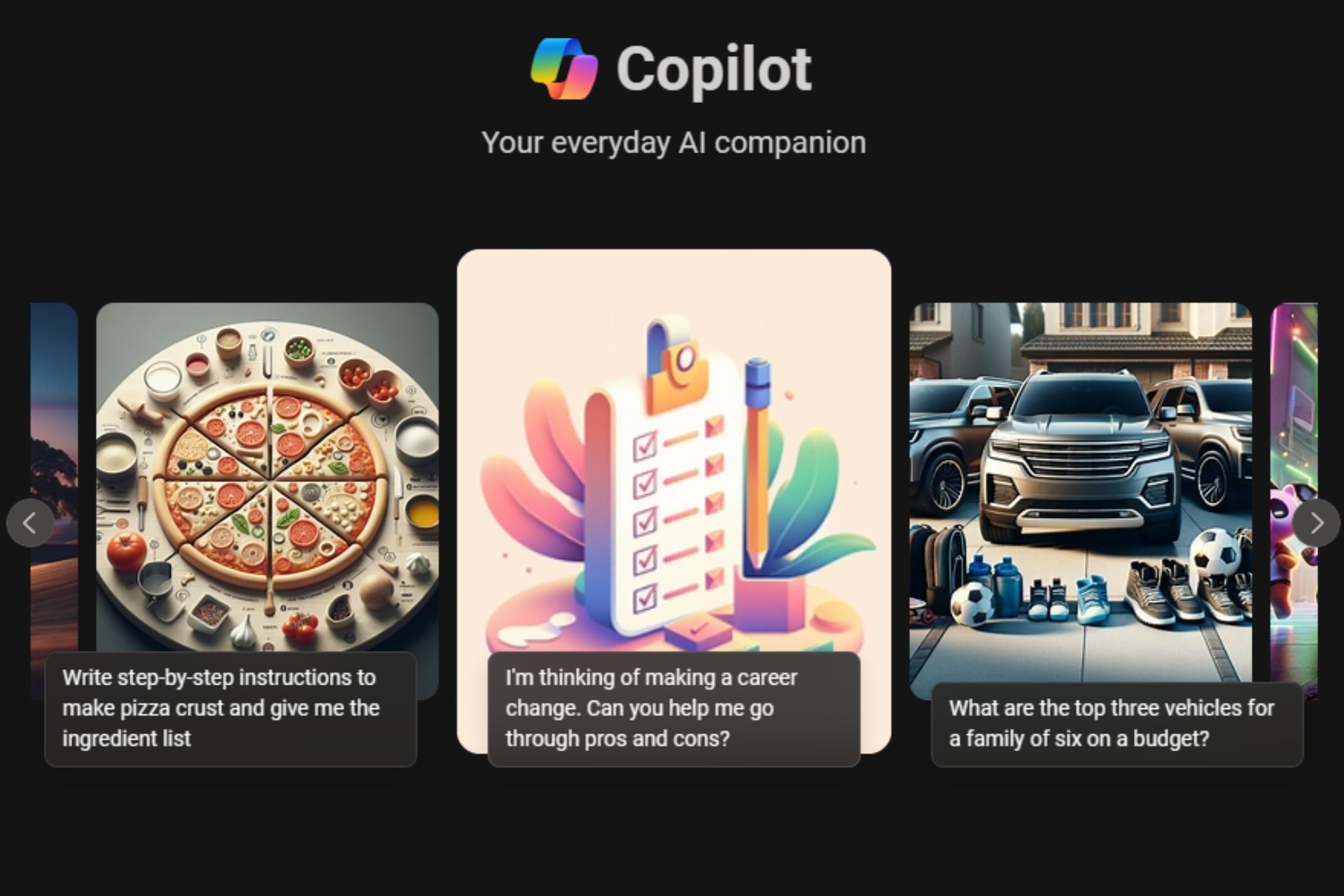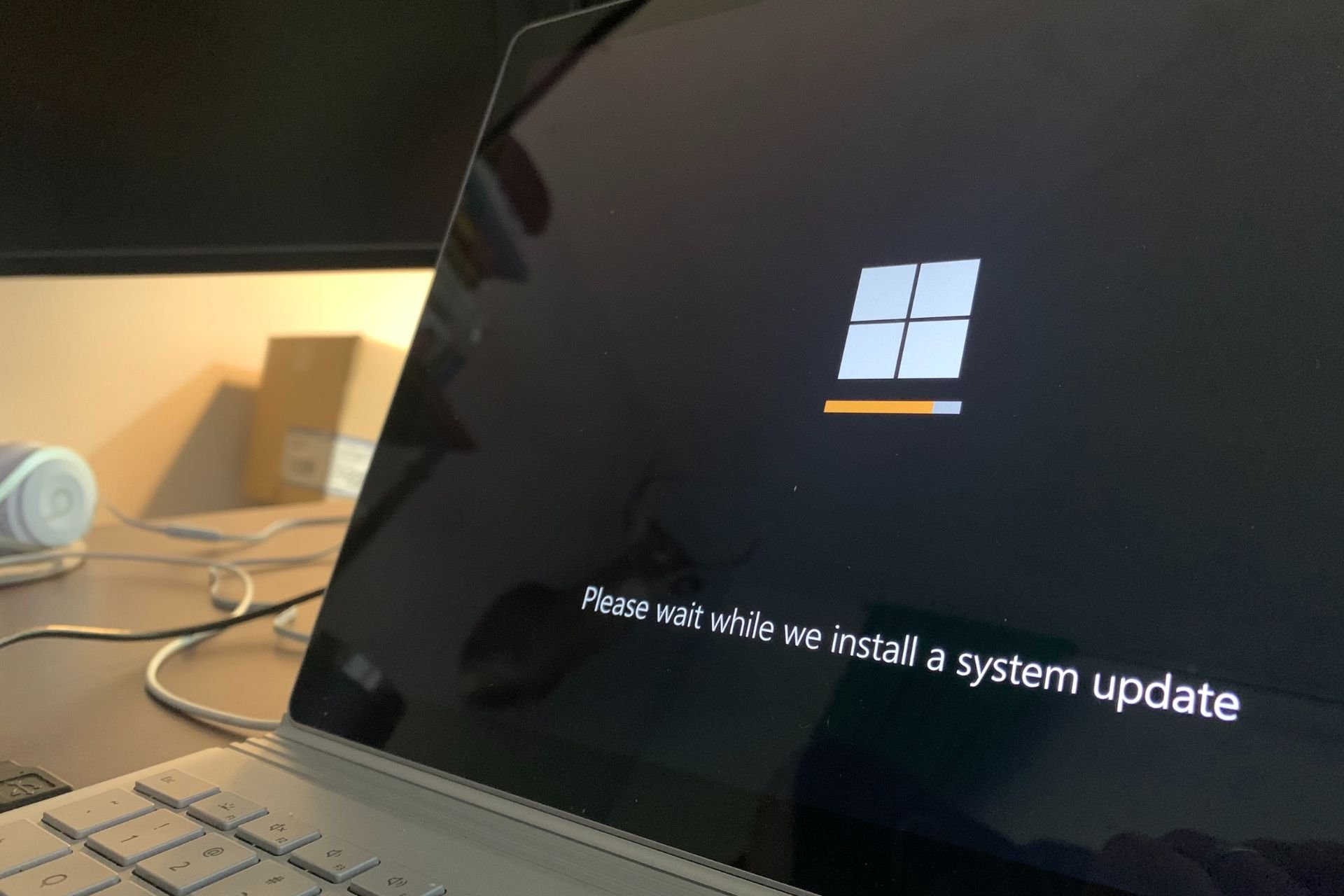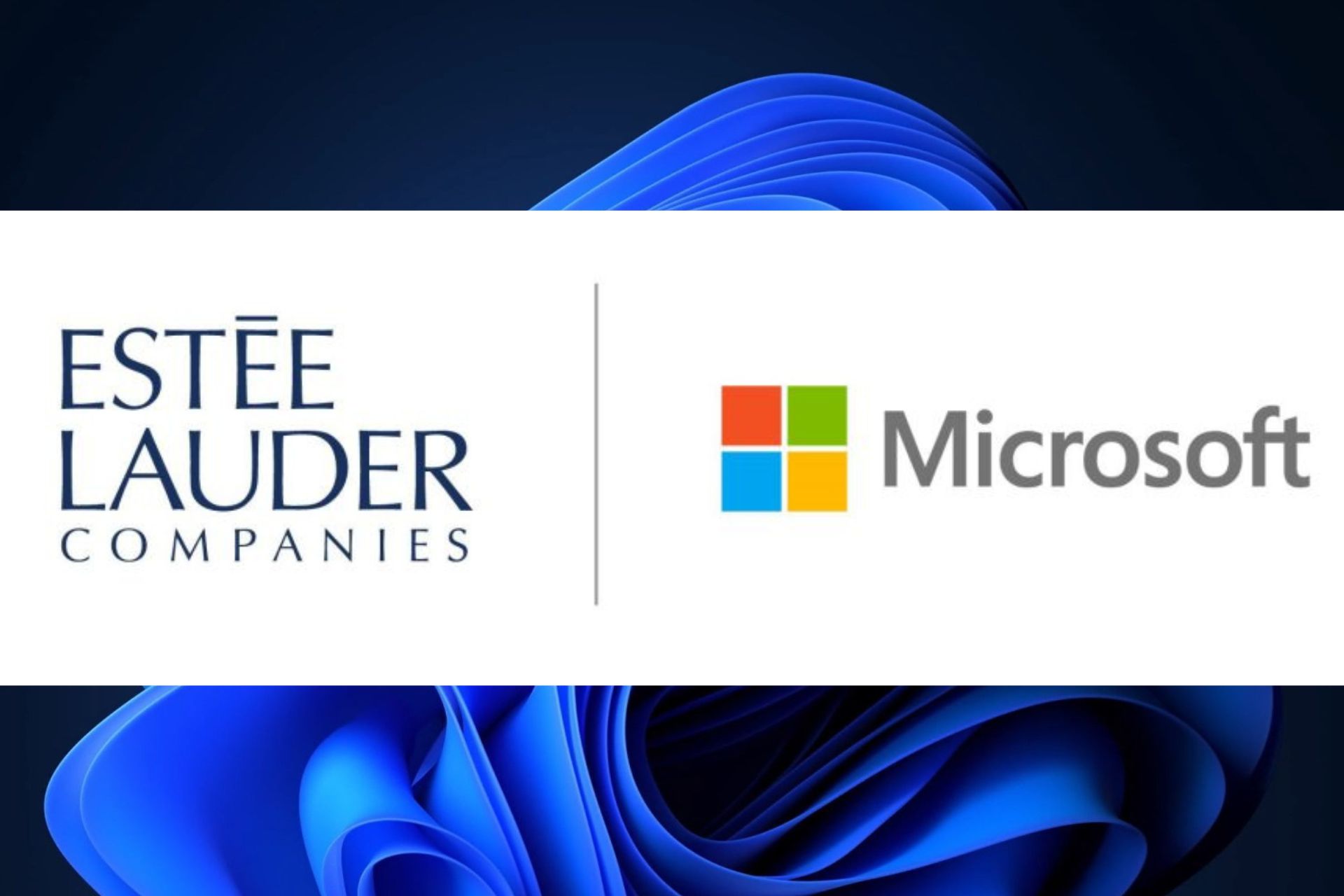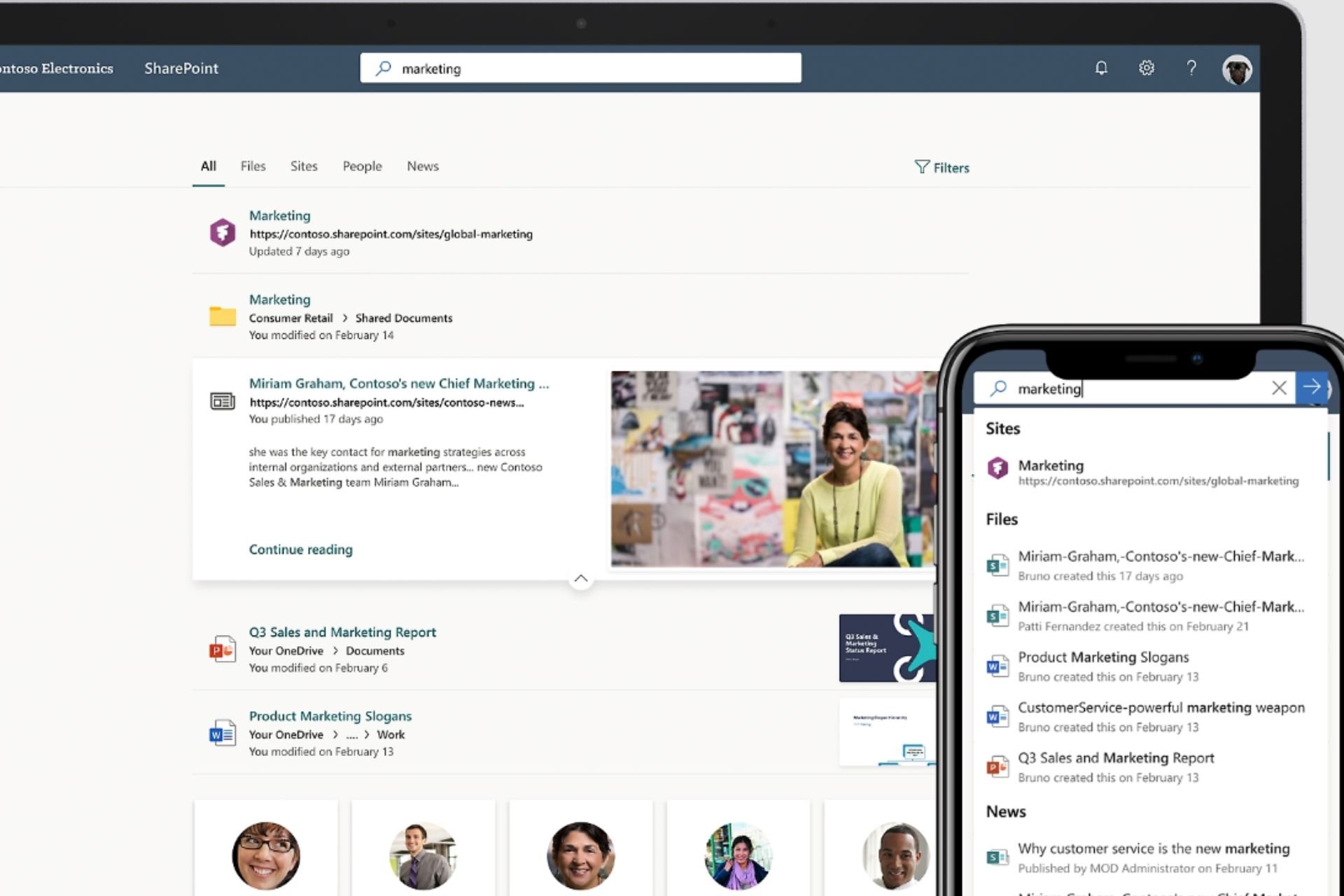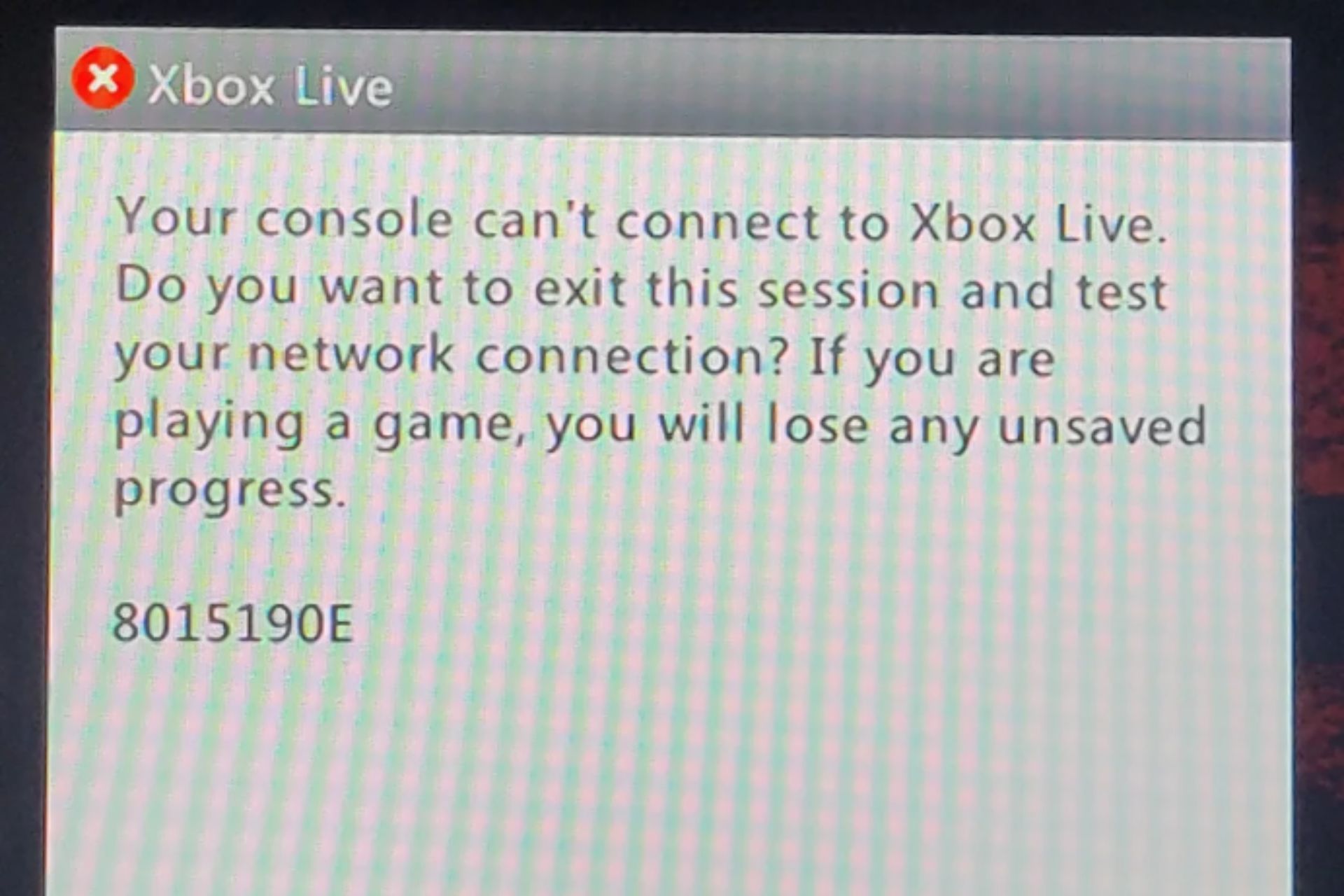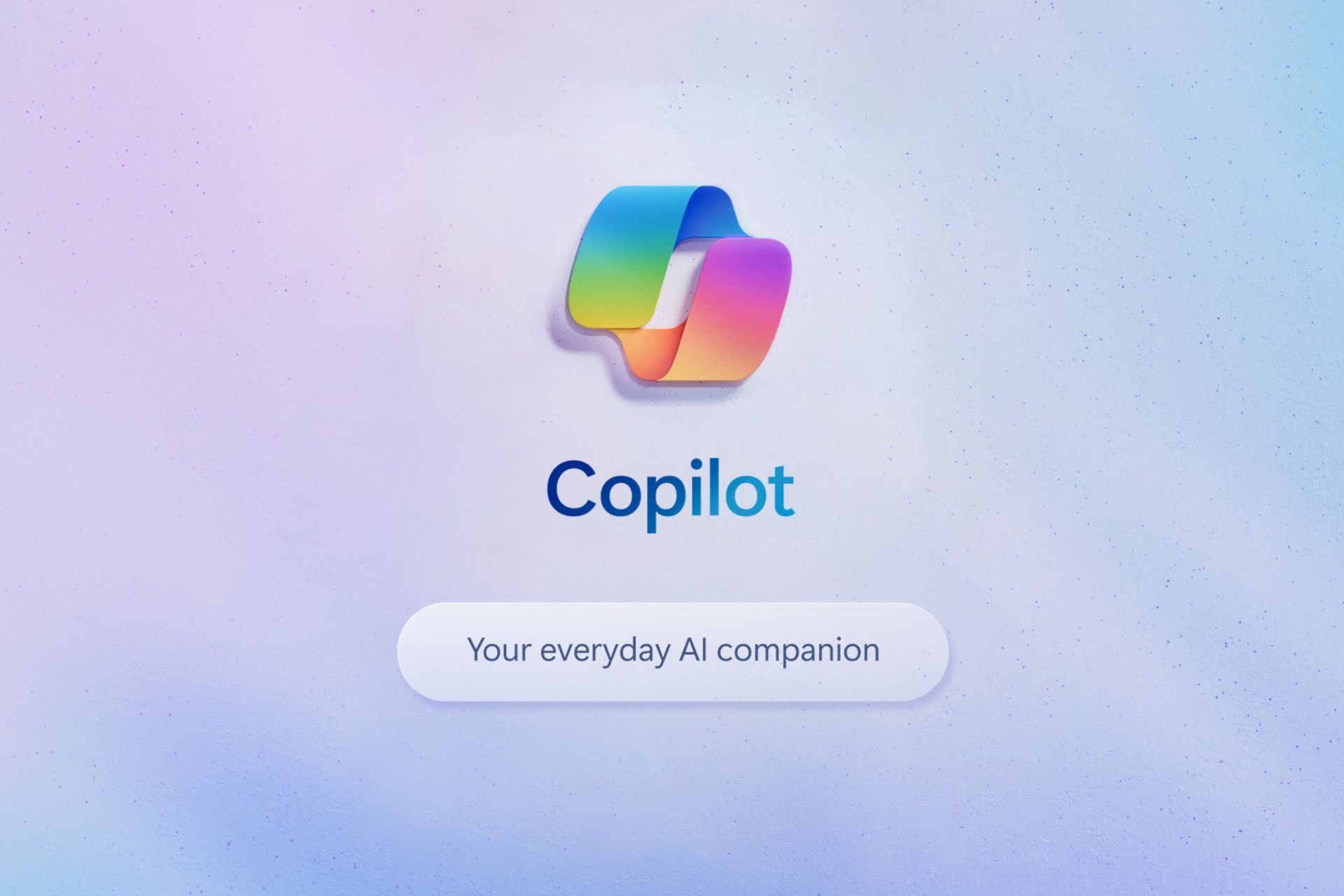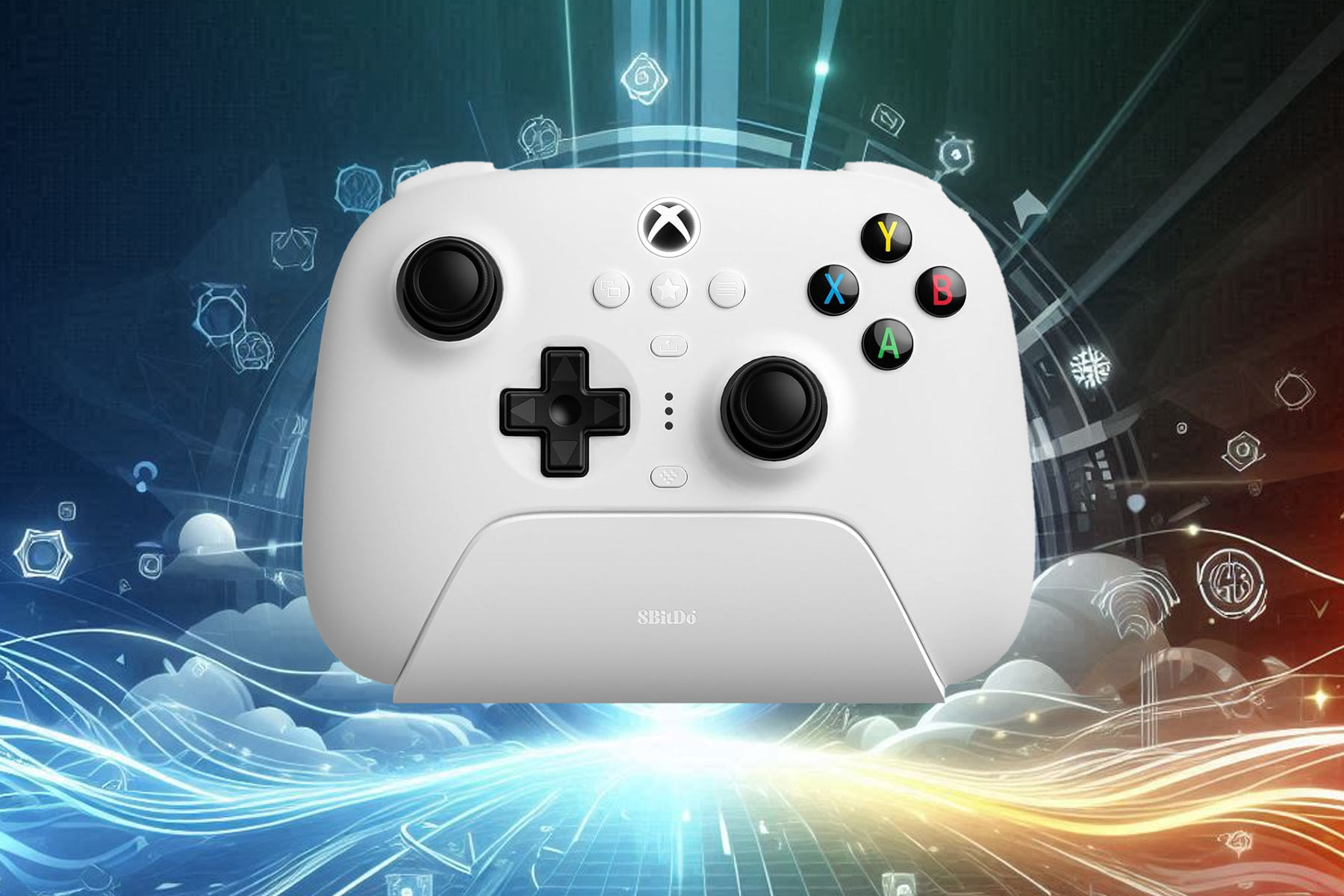The winner of the first Microsoft AI Chat App Hack takes the AI exploration to the next level
The project won a cash price of $500.
5 min. read
Published on
Read our disclosure page to find out how can you help Windows Report sustain the editorial team Read more
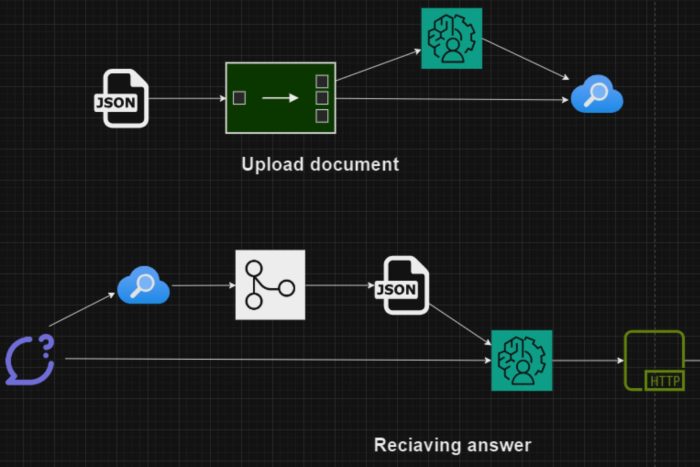
Microsoft just announced the winner of its first AI Chat App Hack, a virtual event that challenged developers everywhere to build applications using RAG (Retrieval Augmented Generation); the event took place between January 29th and February 12th, but the winner and the runner-ups were announced on February 27th.
The winner of this first edition of the AI Chat App Hack, which takes home $500, is the DocAssistant.Swaggy project that, according to Microsoft, takes AI exploration to the next level. You can find all the details about the project on its dedicated GitHub page.
This app took RAG to another level! First, you upload OpenAPI schemas for APIs to the Azure AI Search index. Once the schemas are ingested, you can ask questions that are answerable by an API, like “what were the top movies for 2023?”. The app searches to find possible API endpoints to answer the question, then uses an LLM to suggest the API URL, fetches the URL to get the API response, and calls the LLM again to turn the response into a user-friendly answer. :collision: Judges loved how the app added additional steps into the typical RAG flow to provide a complete end-to-end experience for easy API exploration.
Microsoft
The project aims to provide an AI helper designed to redirect human queries to the appropriate API. However, it’s important to note that the success of the results is highly dependent on the functionality of the web API on the server.
DocAssistant.Swaggy
In other words, the project is capable of linking different APIs using multiple ways of interaction, such as text or voice commands, and it will be able to come off with friendly responses to users.
There were other winners, as well, and Microsoft mentioned them all in different categories:
- Honorable Mention: SecureBot – This app answers cybersecurity questions based on a rich data source of podcasts, video transcripts, websites, and books, all in the Spanish language. Judges were impressed by its very different architecture from most submissions, combining Copilot Studio with Power Platform. When a question comes in, the studio calls Power Automate to call an Azure Function to translate that question into Spanish and searches the Azure AI Search index with the translation. That step improves the relevance of results, and the bot still responds in the user’s question thanks to prompt engineering.
- Best Data Source: DubsBot – This app helps students at UW (University of Washington) find courses for their interests from a massive course catalog. The team built a custom parser for the course catalog webpages, which included details like expanding abbreviations and making time schedules more human-readable. The judges loved that the team put so much detail into customizing the data ingestion, since that can make such a big difference to the quality of the answers from the LLM.
- Honorable Mention: Copilot for Azure Pricing – This app helps developers select the most appropriate Azure region and VM type based on up-to-date pricing data. The judges loved how this app combined traditional RAG search, on Azure documentation, with near real-time data from the Azure Retail API. The app orchestrates the calls using Langchain agents and multiple “tools” that know how to look up regions, find VM types, and get prices, so that it can produce the correct answer, and visualizes the answers along the way.
- Best in Your Language: Ask an Entrepreneur – At first glance, this is a standard RAG app that answers questions based off the speeches of famous entrepreneurs. However, there’s a catch: the source documents are in both English and Chinese, and questions may be asked in either English or Chinese. The team put an enormous amount of effort into figuring out the best way to set up the data ingestion (which included different chunking strategies for Chinese characters vs. English characters) as well as the question-answering (which now includes a translation step that poses the question in both English and Chinese). The judges were impressed by their efforts and were excited to see a team tackle the challenge of multi-lingual RAG.
- Honorable Mention: Ley GPT – The goal of this RAG chat is to demystify Mexican federal work law, thanks to a data set of Mexican laws and regulations. To make the chat more accessible to Mexican citizens, the developer translated everything fully into Spanish: the UI, the system prompt, the few shot examples, etc. The judges loved the thoroughness of the translation, and the mission of using an AI chat to make labor laws more accessible to everyone.
Microsoft has been at the forefront of AI ever since the concept gained popularity, and the Redmond-based tech giant has developed multiple Copilots that were ultimately integrated into their services, with Copilot for Windows being one of them.
Should we expect these projects to make it into their products, as well? Who knows, but at least the company is nurturing AI talent.
You can read the full blog post here.

